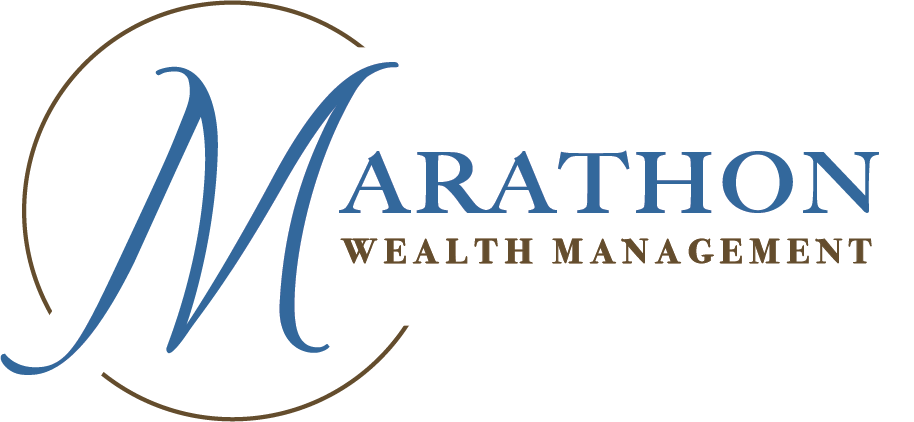Is Your Bank Safe?
Is your bank safe? More importantly, is your money safe?
With the collapse of the Silicon Valley Bank and two other regional banks, many wonder, is my bank safe?
What exactly caused Silicon Valley Bank's collapse, and what does this mean for my bank and the economy?
A quick review about bank deposits: When you deposit your cash at the bank, they don't just leave it in cash; they invest it mainly into bonds. Essentially, your bank is trying to make money on your money. Over the last ten years, interest rates have been low, so when your bank bought bonds, they were paid a meager interest rate on their money. The bonds were safe from a credit-worthy standpoint, but they were susceptible to interest rate risk, meaning if interest rates went up, the value of their bonds went down. And this is exactly what has happened; since March of 2022, interest rates have risen from .5% to 4.75% (1) causing the value of bonds to fall. This quick rise in interest rates was a key reason why Silicon Valley Bank collapsed. However, it wasn't the only reason.
Three reasons why SVB failed
SVB did not have a diversified customer base so their customers experienced the same thing at the same time. SVB catered mainly to Tech Startups. Startups burn through a lot of cash and as our economy started to slow, these startups experienced a slow down in their business and venture capital funding. The need to dip into their funds on deposit at the bank increased.
86% of its customers had more than $250,000 sitting in cash, uninsured. SVB customers needed to be more diligent in making sure their cash was FDIC insured.
The bonds SVB bought were very susceptible to interest rate risk and as interest rates rose, the value of their bonds took a nose dive So, as customers demanded their cash, SVB had to sell their bonds for less and were unable to meet the liquidity demands of their customers.
How does this relate to your bank?
Since the financial crisis of 2008, banks have undergone rigorous stress testing by the federal government, ensuring they are well-capitalized. The federal government is committed to protecting our US financial system and fortunately for SVB, they have stepped in to cover their customers' deposits. As for your bank, make sure it has a diversified customer base. Most large banks do. Also, make sure your cash deposits do not exceed $250,000-(there are ways to have more than $250,000 of cash insured at your bank- feel free to contact me to learn how.) Most banks have just 50% of their customer base exceeding the FDIC insured $250,000 of cash on deposit. So, the likelihood of a run on the bank and not having enough cash on hand is reduced.
How will this affect the economy and my investments?
If you are an investor, remain calm and don't get caught up in the crises. Expect some market volatility in the short run but stick to your long-term plan. (And if you don't know what yours is, contact me) So far our economy has shown resiliency in the face of rising interest rates. Our job growth remains relatively strong, our wage growth isn't out of control, and our government is dedicated to fighting inflation. In the words of Dr. David Kelly of J.P. Morgan, "We are on the edge of a swamp, not a cliff."
Here is a tool to help you calculate if your cash deposits at your bank are insured EDIE, the Estimator.
[1] https://www.fxempire.com/macro/united-states/interest-rate
Disclaimer: Marathon Wealth Management, LLC (“MWM”) is an Investment Advisor registered with the State of Washington. MWM may only transact business in those states in which it is notice filed or qualifies for an exemption or exclusion from notice filing requirements. All views, expressions, and opinions included in this communication are subject to change. The publication of information on this website should not be construed by any consumer and/or prospective client as MWM’s solicitation to effect, or attempt to effect transactions in securities, or the rendering of personalized investment advice for compensation, over the internet. Furthermore, the information resulting from the use of tools or other information on this internet site should not be construed, in any manner whatsoever, as the receipt of, or a substitute for, personalized financial advice. Our current disclosure brochure, Form ADV Part 2, is available for your review upon request, and on our website, marathonwealthmgt.com. This disclosure brochure, or a summary of material changes made, is also provided to our clients on an annual basis. We may provide links to other websites strictly as a courtesy. When you link to any of the websites provided herewith, you are leaving this site. MWM does not make any representations as to the accuracy, timeliness, suitability, or relevance of any information prepared by any unaffiliated party, whether linked to our website or incorporated herein, and takes no responsibility, therefore. All such information is provided for convenience purposes only and all users therefore should be guided accordingly. All information contained on this website is subject to change without notice.